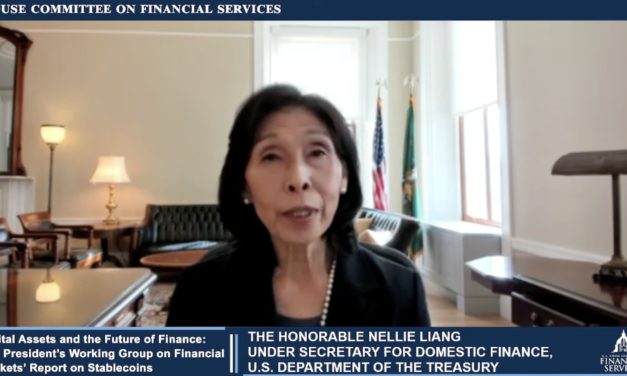FTX joins other crypto goliaths to promote autonomy over sensitive information
Centre, an open-source technology project developed by Coinbase and Circle, has onboarded crypto exchange FTX and Alkemi Network as its latest partners to collaborate on Verite. Verite is a set of shared decentralized identity protocols — developed by Centre — to empower crypto-centric individuals and businesses by granting total control of personal information. Supporting Verite’s commitment to collaborate on shared decentralized identity standards, FTX and Alkemi have added to the list of 14 crypto companies, which include Coinbase, Circle, Hedera Hashgraph, Ledger, the Solana Foundation and more.Verite launch partners include @circlepay , @blocks, @Algorand, @coinbase, @compoundfinance, @ConsenSys, Espresso Systems, @hedera, @Ledger, @MMInstitutional, @phantom, @SolanaFndn, @SpruceID, and @StellarOrg — CENTRE (@centre_io) February 17, 2022Verite protocols are designed to help people and businesses keep track of their personal information and provide total control over how businesses use this information in the crypto economy. According to the company:“Verite is returning autonomy over sensitive information to the individual while continuing to enable businesses to interact with identity-verified participants.”Verite makes this possible by allowing users to cryptographically prove claims about their identities and carry those claims in the same crypto wallets where they store their digital assets. Centre CEO David Puth stated:“We are pleased that our partners share our conviction that Verite’s identity standards will create a new level of clarity, privacy, and convenience to everyone transacting in the crypto economy.”According to the announcement, Verite’s protocol integration into smart contracts, applications and websites does not introduce single-vendor or anti-competitive dependencies:“Individuals will be able to use their credentials across the crypto ecosystem, making digital assets far more accessible to both crypto natives and novices.”Related: FTX expands to Europe with CySEC approvalOn Tuesday, FTX also expanded its crypto services into Europe soon after receiving regulatory approval from the Cyprus Securities and Exchange Commission.Want to know where FTX is licensed and regulated?Check out https://t.co/50ELyIX1cd!The list is growing every week.— SBF (@SBF_FTX) March 8, 2022
As Cointelegraph reported, Switzerland-based FTX Europe will serve European crypto clients through a licensed investment firm across the European Economic Area.
Čítaj viac






